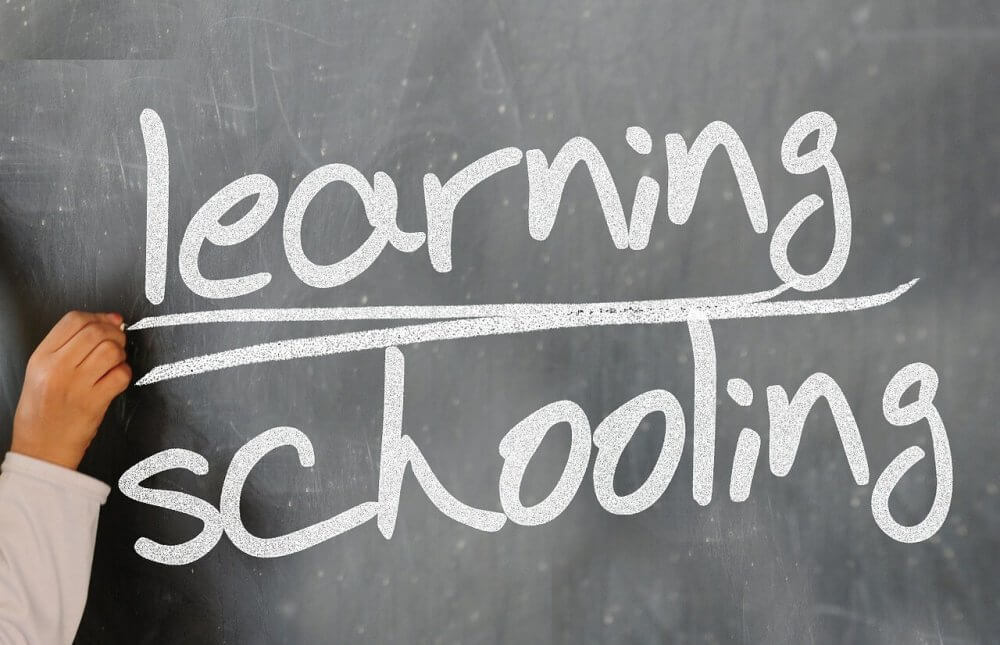4 Ways to Help Your Child Face Challenging Situations When They Get To School
Published on 3 February 2018 by Edu Aid | For Parents

When children get back to school, whether they are going to a new school, or just getting into a new Secondary school, or whether it is the child’s first entry into school, it is invariably a time for change. In whichever case, it is a time when they form new friendships and when they learn new things in life. However, the most important question in this situation is whether the child is ready for all or any of these. It is natural for some children to adapt themselves faster and such children are more resilient in the wake of change. Nevertheless, other children can be more emotionally sensitive and would need more support to help them cope with the changes.
A new stage in every child’s schooling years is a chance that they can use to better their skills in managing change. This change becomes the smoothest one not when the impediment is removed but when the child’s grows its skills to manage the transformation. Thus new challenges in a child’s life are seen as an opportunity for the child to improve its coping skills and handle any newer challenges that may occur later in life.
In the wake of a new challenge, it is common for children to become nervous or worried. This happens when they feel that they are not in a position to handle the challenge. The best way through which they can understand that the outcome need not necessarily be negative is when they actually practice to face the situation. This can be best done in a gradual manner following specific steps.
In the first place, it is important to find out what children consider as a challenge to teach them how to cope with it. It is a good idea to create some situations at home before they start attending school. It may be that they have to take the bus to the new school, or they may have to meet new students and make friends, or it may be that they have to handle uncertainties. Given below are a few different challenging situations.
#1: Child’s First Year At School
If the coming year is going to be your child’s first year at school some of the situations that you can practice beforehand are child being away from the parent for a few hours, sitting in a place, follow instructions and complete tasks, toilet habits, ask relevant questions, etc. If your child has attended a preschool facility, it may happen that some of these have already been taught there. In case you feel that your child is not ready yet, it is best that these are practiced at home before starting to attend school. Every child should be taught to become independent by assigning different tasks to them in the few weeks preceding the reopening of the school. [Read: Is my preschooler prepared for Primary one? – A comprehensive guide]
#2: When Your Child Changes Schools
If your child is changing schools this year, it pays to visit the new school before the start date. This can get the preparations rolling. If this is not possible, attending holiday classes, doing some new activities over the holidays, and gently nudging the child to move out of his/her comfort zone.
To talk about situations when they have been in a strange new environment or with new friends of their age helps. If they have had positive experiences in other new schools, they can be reminded of the same for similar outcomes. It does not help to be too reassuring. Rather, it would be best if they are taught to remain calm all on their own than you having to do it for them.
#3: When Entering Secondary School First Year
When a student is new in the high school, they are always exposed to new learning, structure and routine. These may come in the form of multiple teachers, different school timings, and having to take new modes of transport, among many other things. If there are orientation days for the school, it is the best time to practice the new routines. Catching a bus to school on time are among the many tasks that can be done to reduce the anxiety. For some students, it may also happen that new routines have to fall in place without actually getting to know details beforehand.
#4: Getting Into The Final Year Of Schooling
Any child is exposed to a considerable amount of stress in the final years of schooling in the form of increased study load, exams, and projects. There are many extra programs available that the student can take part in and learn to manage these situations. At this stage, when your children would most likely be in their teens, it is best to have an open conversation with your children about the kind of support that they would need from you. Children whose parents are supportive tend to put up better performances in their academics as well as extra-curricular activities when compared to other children that are under excessive pressure from the parents. It is also good to plan your life in such a manner that there are no major moves in your life when the children are in their final years of schooling as stakes are high.
First Day Jitter – Are They Common?
Most children experience unfounded fears during their years of childhood and teenage years. For some children, this takes on huge proportions and keeps them from forming normal friends or doing well in school. If you have to spot any of these problems, it is important to take them for counselling or cognitive behavioural therapy immediately so that they receive emotional help. If these are not handled appropriately, the problems can lead on to other emotional challenges which may take its toll in the later years of their life.
The Next Important Question – As A Parent, Are You Ready?
Children look to up to their parents for advice and support during troubled times. On the contrary, if you are send messages that may increase the restlessness or anxiety, the child is likely to exhibit increased nervousness. If you choose to communicate the confidence that such situations are normal and they will be able to handle such situations well, the outcomes are likely to be more favourable.
Therefore, it is all about showing your child how effectively they can manage situations all on their own.





